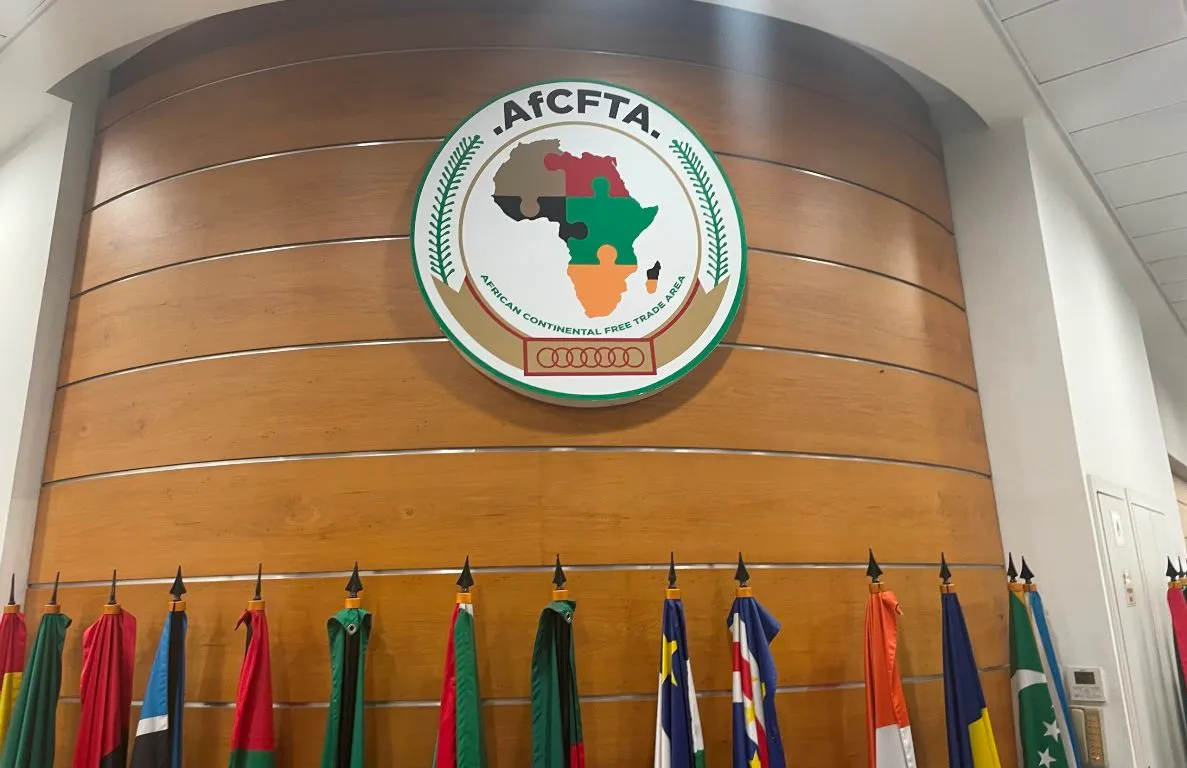The Nigerian National Petroleum Company Limited has committed to delivering 272,500 barrels of crude oil per day through various crude-for-loan agreements worth $8.86 billion.
This translates to approximately 8.17 million barrels per month allocated for these loan deals, as indicated by an analysis of reports from the Nigeria Extractive Industries Transparency Initiative and NNPC’s financial statements, according to The Punch.
Under these crude-for-loan agreements, several key projects are involved, including Project Panther, Project Bison, Project Eagle Export Funding (including Original, Subsequent, and Subsequent 2 Debts), Project Yield, and Project Gazelle.
It reported the NNPC has fully repaid $2.61 billion of the total credit facility, accounting for 29.4% of the loans, while $6.25 billion (70.6%) is still outstanding.
From the total $8.86 billion credit facility, approximately $6.97 billion has been disbursed across seven crude-for-loan deals.
Project Panther, a significant venture between NNPC and Chevron Nigeria Limited, is supported by both international and local banks.
It has secured a $1.4 billion loan facility, with a pledge of 23,500 barrels per day dedicated to servicing the debt.
Repayment will begin after a specified moratorium, with financing terms that include an SOFR (Secured Overnight Financing Rate) plus a 5.5% margin, along with a liquidity premium.
Project Bison is another important initiative for NNPC, linked to its effort to acquire a 20% equity stake in the Dangote refinery, though it ultimately secured only a 7.25% stake.
The project received a $1.04 billion loan from Afrexim Bank, with 35,000 barrels per day pledged as collateral. NNPC successfully repaid this loan in June 2024.
Project Eagle Export Funding comprises three separate loans aimed at meeting various financial obligations.
The original loan, secured in 2020 for $935m, was serviced with 30,000 bpd and was fully repaid by September 2023.
Project Yield, designed to support the Port Harcourt Refining Company, involves a $950m loan, with 67,000 bpd pledged for repayment.
The repayment of the loan, secured in 2022, will begin in December.
This seven-year facility is crucial to refurbishing the refinery and enhancing domestic refining capacity.
Despite the crude-for-loan arrangements, it is reported that fuel production at the Port Harcourt refinery has yet to start, facing multiple delays as of August, with repeated assurances from the Federal Ministry of Petroleum Resources and NNPC not materializing.
Additionally, Project Gazelle aims to stabilize Nigeria’s foreign exchange market. In December 2023, NNPC entered into a $3 billion forward sale agreement, pledging 90,000 barrels per day from Production Sharing Contract assets to meet future tax and royalty obligations.
By the end of 2023, $2.25 billion had been drawn from this facility, with repayments set to begin by mid-2024.
These crude-for-loan deals emerge as Nigeria grapples with declining oil production.
The NEITI 2022-2023 report indicates a significant drop in output, with 2022 production at 490.94 million barrels—well below the 798.54 million barrels peak in 2014.
Although production slightly increased to 537.57 million barrels in 2023, this still represents only 67.16% of the country’s peak capacity.
Production deferments remain a major challenge, with Nigeria deferring 110.66 million barrels in 2023, down from 153.44 million barrels in 2022, largely due to unscheduled maintenance, repair issues, and oil theft.











